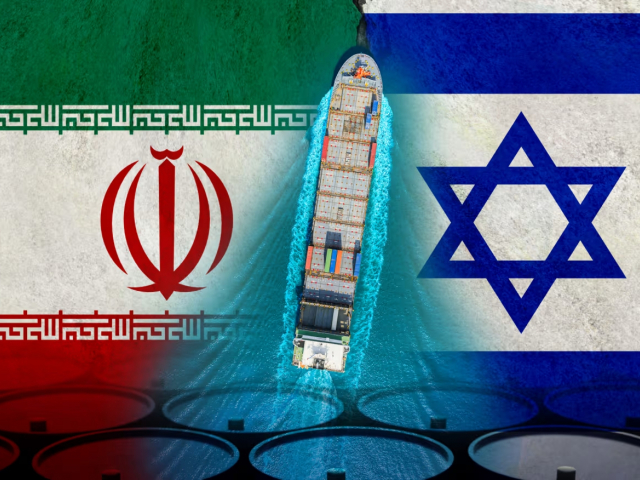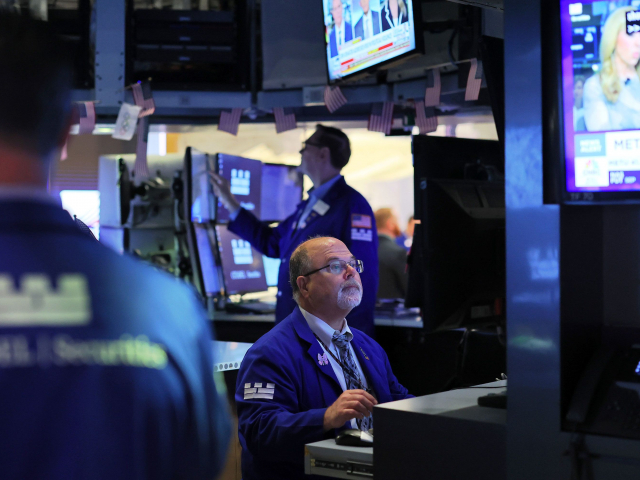
Surge in oil prices
The armed conflict in the Persian Gulf has already triggered a sharp spike in oil prices amid mounting fears of supply disruptions. The primary concern centers on the Strait of Hormuz, a critical chokepoint through which about 20% of the world’s oil passes daily. If the strait is closed or even partially restricted, the global market could face a severe shortage of crude. Even without an actual blockade, the mere escalation of hostilities is rattling traders, fueling price hikes, and intensifying inflationary pressure on the global economy.

Pressure on equity markets
Geopolitical instability has had an immediate impact on global stock exchanges. Investors are locking in profits, pulling out of risk assets, and reallocating capital into safe-haven instruments. Amid rising uncertainty, technology, tourism, and consumer segments are taking the hit, while defense and commodity assets are gaining ground. Further escalation of the conflict could trigger a broad capital flight from emerging markets, intensify sell-offs, and destabilize financial systems in economies that rely heavily on external flows.

Risk of stagflation
A surge in energy prices amid geopolitical turmoil is raising the specter of stagflation, a mix of high inflation and slowing economic growth. Escalating oil prices are driving up production and transportation costs, eroding consumer purchasing power, and undermining demand. This threatens to stall the global recovery that followed the pandemic and the 2022 energy shock triggered by the Russia-Ukraine war. Further escalation could lead to a prolonged period of pricing pressure and sluggish business activity.
 English
English 
 Русский
Русский Bahasa Indonesia
Bahasa Indonesia Bahasa Malay
Bahasa Malay ไทย
ไทย Español
Español Deutsch
Deutsch Български
Български Français
Français Tiếng Việt
Tiếng Việt 中文
中文 বাংলা
বাংলা हिन्दी
हिन्दी Čeština
Čeština Українська
Українська Română
Română
